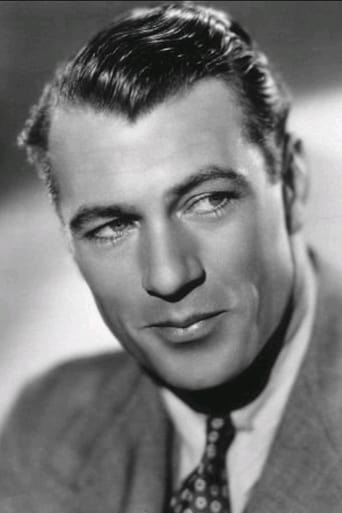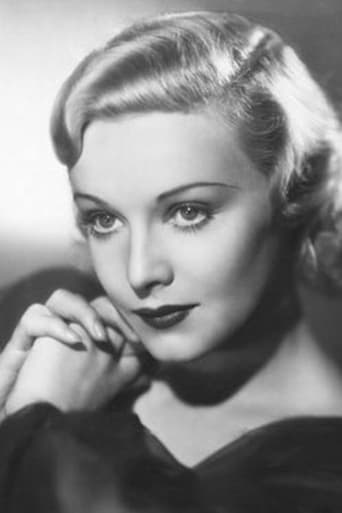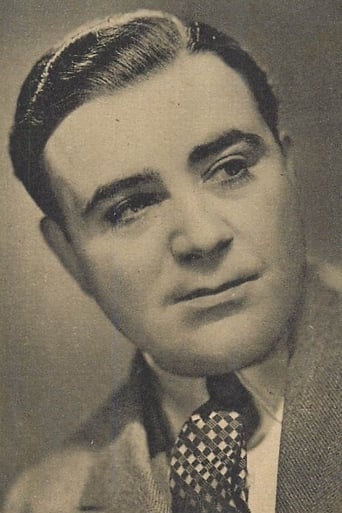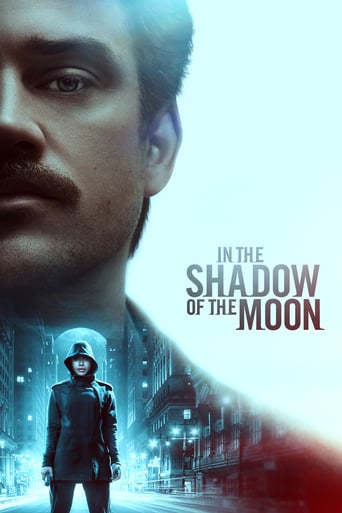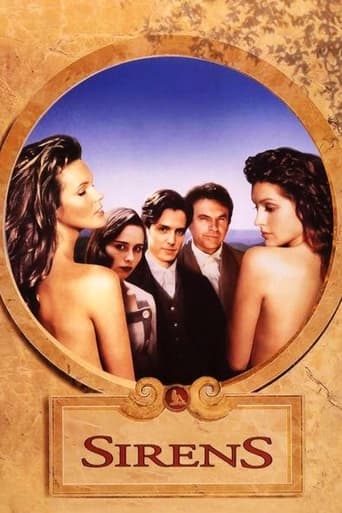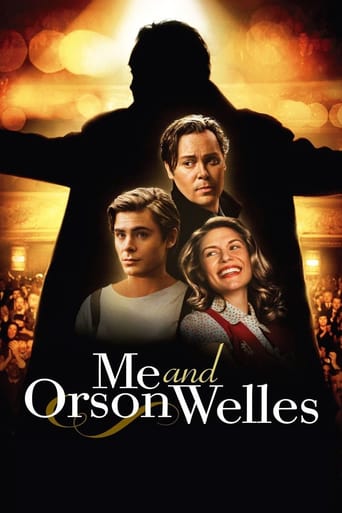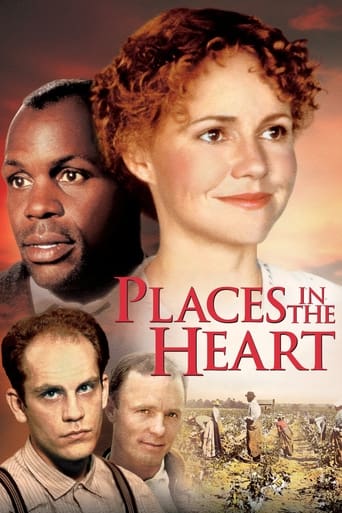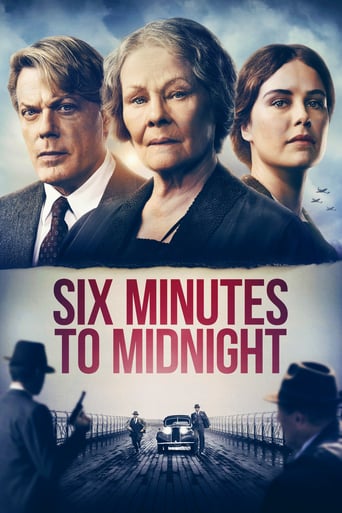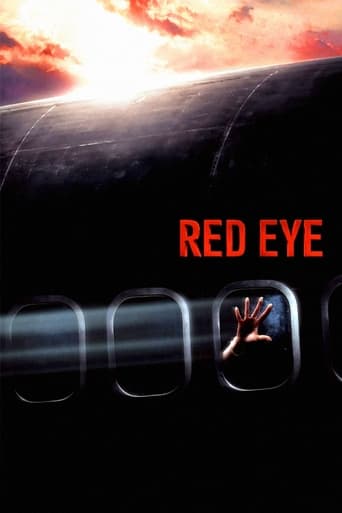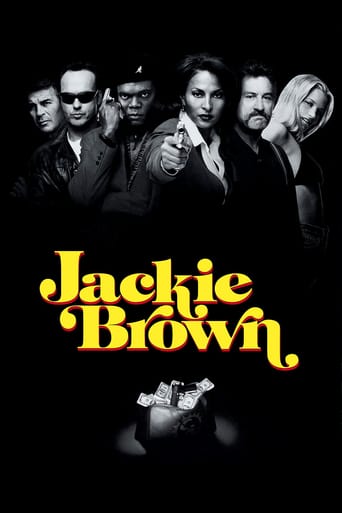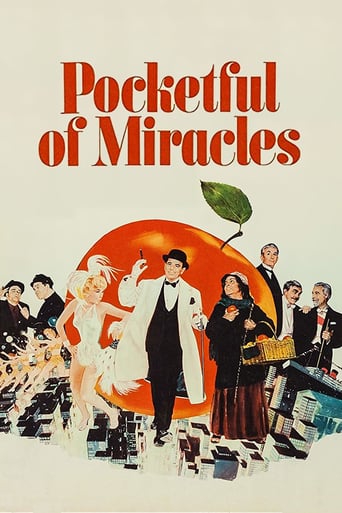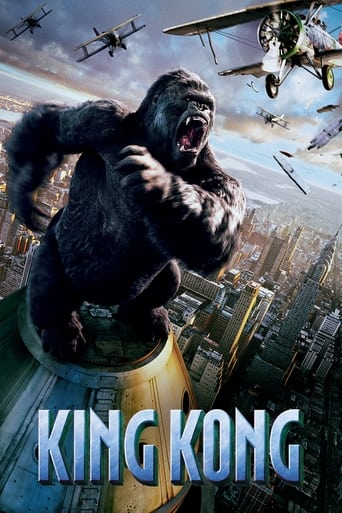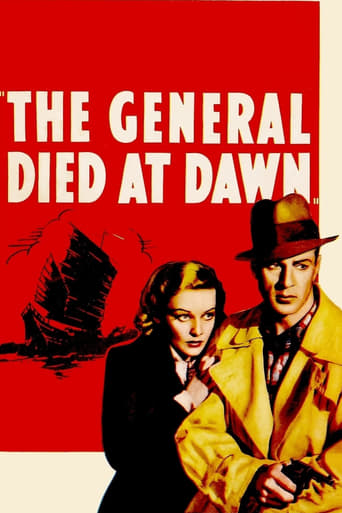
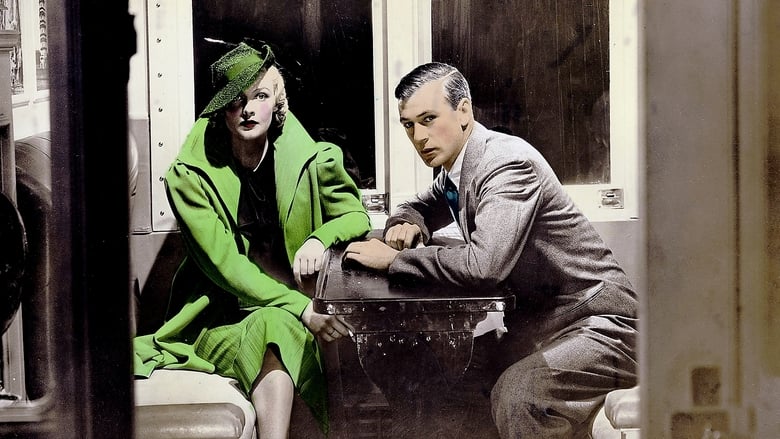
The General Died at Dawn (1936)
China, 1930s, during the ravaging civil war. General Pen entrusts O'Hara, an intrepid American adventurer, with the mission of providing a large sum of money to Mr. Wu with the task of buying weapons in Shanghai to help end General Yang's tyranny that keeps an entire province under his ruthless iron boot.
Watch Trailer
Cast


Similar titles
Reviews
Pretty Good
Fanciful, disturbing, and wildly original, it announces the arrival of a fresh, bold voice in American cinema.
The acting in this movie is really good.
I enjoyed watching this film and would recommend other to give it a try , (as I am) but this movie, although enjoyable to watch due to the better than average acting fails to add anything new to its storyline that is all too familiar to these types of movies.
I was surprised at the low rating for this film at IMDb, 6.7 as of this writing. I found it a very enjoyable film. I'm a sucker for strong, moody visuals, and this film sure has them. In fact, about half way through I began to wonder, with all the shadows and fishing nets, if this were a Von Sternberg film. The script, which some reviewers found too wordy or too preachy, I found very engaging. The pacing was excellent.Some reviewers have taken offense at the two main Chinese characters being played by occidentals who spoke pigeon English. Well, that's how films were made back then. Sure it seems unfair to modern viewers. It was unfair. Is that reason to trash the whole film? The Asian actors who had speaking roles came across as intelligent and well spoken.If you're in the mood for some dark, exotic espionage, I definitely recommend this.
As Universal states, in their nicely packaged DVD set entitled "The Gary Cooper Collection" (2005), the celebrated actor is "a mysterious American soldier of fortune determined to foil the ambition of a ruthless enemy general planning to take over the provinces of Northern China. Exotic settings, captivating performances, and extraordinary cinematography power this thrilling tale of courage in the line of fire." The story isn't as substantive or engaging as the presentation, but quality certainly permeates the production. "The General Died at Dawn" helped Mr. Cooper become Quigley Publications' "World Box Office" male star of 1936. In beautiful form, Madeleine Carroll (as Judy Perrie) certainly helped. Of five "Best Supporting Actor" possibles, Akim Tamiroff (as General Yang) received the "Oscar" nomination.****** The General Died at Dawn (9/2/36) Lewis Milestone ~ Gary Cooper, Madeleine Carroll, Akim Tamiroff, William Frawley
Made the same year as DESIRE, THE GENERAL DIED AT DAWN is closer to the norm of Gary Cooper's film image. Rather than the charm and humor of Borzage and Lubitsch's film, Lewis Milestone's movie concentrated on the straight and honest decent American that Coop played in westerns and adventure films. Here he is on a mission to buy weapons for the peasantry fighting one of the warlords who overran China between 1911 and 1931, when Japanese aggression became a centralizing force in uniting Chinese (except for Kuomintang v. Communists for awhile longer). The General here is Wang (Akim Tamiroff, at his most subtly threatening). He is aware that there is a scheme to arm his enemies, and he is making all efforts to scotch it by kidnapping the gun dealer (William Frawley - as said elsewhere on this thread in a performance that unfortunately mirrors his frequently mean drunk self), and finding the man who is trying to buy the weapons. Cooper shows early his "boy scout" honor by illustrating (to Russell Hicks, a glib, cynical traveler) what Wang's rule means to the peasants. He asks for a match, and Hicks says he hasn't any. Cooper knocks him down, and calmly asks for the match again. A furious Hicks repeats he said he has no matches. Cooper says he understands that, but what he just did to Hicks about matches is exactly what Wang does to the peasants for food, possessions, whatever he wants, and he treats them far worse than just knocking them down if they refuse him.Madeleine Carroll is the anti-heroine, the daughter of Porter Hall (a year away from killing Cooper as Jack McCall in THE PLAINSMAN). As sneaky as ever he encourages her to help preoccupy Cooper while Hall gets the money from him. Cooper does realize (slightly late) what's going on, and he does confront Carroll (who is not happy at her actions). Eventually there is a confrontation with Hall as well - which ends badly.Hall is not the worst figure in the film. Besides Tamiroff and Frawley there is also J.M.Kerrigan as "Leach" (an apt name), who is a blackmailing scoundrel only out for his own benefit. Like the other villains in the film he does a first rate job. So does Dudley Digges as Mr. Wu, the restaurant owner who is also the contact man for Cooper when he is supposed to get Frawley's weapons. Notice his comment about the pleasure of a particular Chinese dish. Also notice (briefly) the appearance of John O'Hara, the novelist, as a reporter early in the film. He is closer to "Samara" than to "Gibbsville" in this movie.The film's threads all come together in a mass confrontation on Wang's junk. The conclusion is one that only makes sense if you realize what an egomaniac Tamiroff's character really is.I like this adventure film, which is a worthy continuation of the story of China's fragmentation in those years to Von Sternberg's SHANGHAI EXPRESS. Definitely a film to watch and enjoy.
The General Died at Dawn, the title itself is enough of a giveaway as to what happens. But the circumstances leading up to the death of Chinese Warlord Akim Tamiroff is quite a tale.The setting for this film is Kuomintang China where the government of Chiang Kai-Shek doesn't have its writ run very far. Most of China in the Twenties is controlled by various provincial warlords. In fact a case could be made that the Chinese Communists under Mao Tse-tung was viewed as just another warlord. But that's a whole different story.American adventurer Gary Cooper has a money belt with a whole lot of cash in it entrusted to him by the opposition faction to Akim Tamiroff. He's supposed to make contact with William Frawley in Shanghai who when he's not drinking the hotel bar dry, runs guns. But Madeleine Carroll and her father Porter Hall who are working for Tamiroff help Tamiroff part Cooper from his money. In the case of Coop, he's real guilty of thinking with his gonads. Then Porter Hall steals the money for himself and the film gets real interesting.There's one big flaw in the film, occurring when Madeleine Carroll who starts falling for Cooper, refers to him as the "O'Hara Boy." O'Hara is Cooper's character name. Coop was 35 when this film was made and referring to him as 'boy' was ludicrous. But then again a man of 35 should have been on better guard. Film might have worked better if someone younger like Robert Taylor or Tyrone Power played the part of O'Hara. Or Clifford Odets's script should have given Carroll a more elaborate ruse to play on Cooper.Two major oriental roles were given to occidental players. Casting like Akim Tamiroff as the warlord Yang and Dudley Digges as Mr. Wu who employs Cooper would never happen today. But both do well and come to think of it Tamiroff does have an oriental strain in his ancestry.One bit of casting really hits home. By all accounts William Frawley was hardly the lovable tightwad Fred Mertz in real life. He was a misanthropic alcoholic in the tradition of W.C.Fields and a mean drunk when he was loaded which was often back then. His role as Brighton, the misanthropic, mean, and thoroughly racist gunrunner was way closer to the real Bill Frawley. Gary Cooper in The General Died at Dawn was playing a role that Humphrey Bogart would probably have done in the forties. It was always joked that Cooper's dialog consisted of 'yup' and 'nope.' But the way he gets himself, Carroll and Digges out of a real predicament in the end called for quite a gift of gab.


